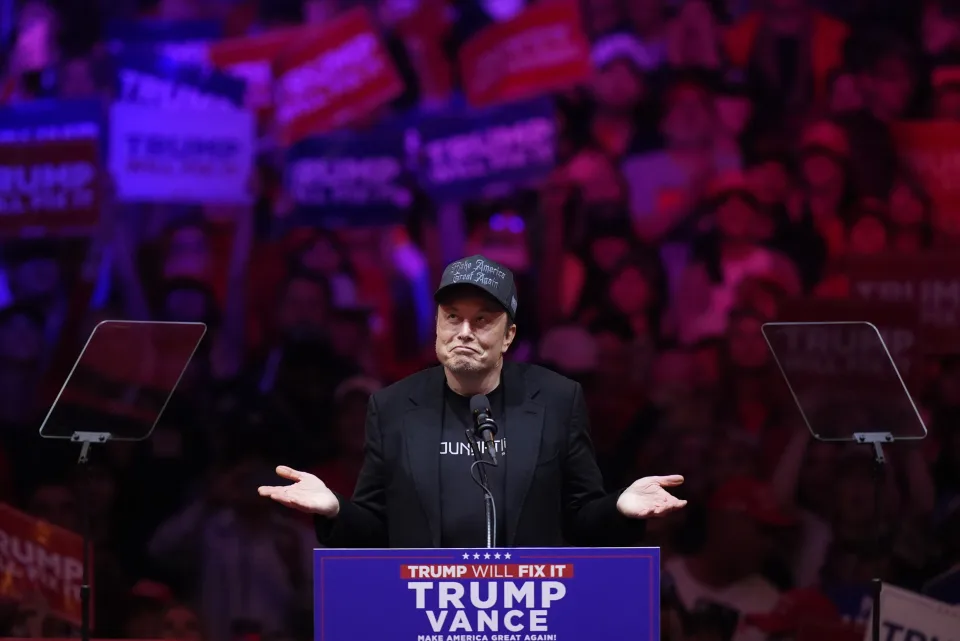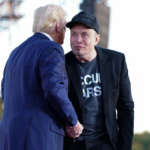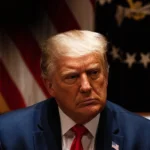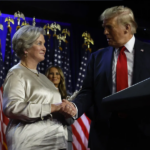With election day nearing, economic debate heats up as Elon Musk aligns himself with Donald Trump’s fiscal plan, acknowledging that sweeping cuts in federal spending could lead to an “initial severe overreaction in the economy.” Musk, in a virtual town hall, supported his proposed $2 trillion in federal budget cuts as a part of Trump’s strategy, admitting it could cause “temporary hardship” for Americans, especially as mass deportations and tariffs further impact the economy.
Economic ‘Overreaction’ and Mass Disruptions
Musk’s support for these economic policies has stirred concern among economists, many of whom anticipate a painful short-term impact on American consumers. They argue that the proposed $2 trillion in cuts — a one-third reduction of the federal budget — could sharply reduce funding for programs like Medicare, Social Security, and economic security initiatives if Trump prioritizes defense spending increases.
Further complicating matters are Trump’s proposals to ramp up tariffs on Chinese imports by 60% and add across-the-board tariffs on others, which could drive up prices for everyday goods and disproportionately affect households in the Midwest and South. Economists warn these tariffs will force companies to pass the added costs onto consumers, a fact that was echoed by Trump during his first term, when he delayed tariffs until after the holiday season to avoid impacting consumer spending.
Skepticism Among Economists and Policy Experts
Some experts, like Michael Pachter of Wedbush Securities, remain skeptical that Trump would fully implement his economic plan, speculating that he would roll back tariffs if faced with a major economic backlash. “The economy will go terrible… every adviser he has will tell him this is stupid, and they’ll stop it,” Pachter said.
Other analysts, however, are less optimistic. Desmond Lachman from the American Enterprise Institute noted that Trump’s potential second term could see fewer checks on his policies, with advisors possibly unwilling to challenge him on economic decisions.
Impact on Workforce and Consumer Spending
Mass deportations, central to Trump’s immigration policy, are another flashpoint, with economists cautioning that removing undocumented workers would disrupt key industries like agriculture, construction, and manufacturing. This, they argue, would drive labor shortages, increase operational costs, and raise prices across the board.
Musk’s endorsement, meanwhile, suggests he believes these measures could ultimately result in a “healthier, sustainable economy.” But whether American consumers will endure what could be up to two years of economic strain remains uncertain. Wendy Edelberg of the Brookings Institution points out that “markets will tumble” as a reaction to these policies, potentially forcing Trump to reconsider. However, she cautions that betting on a reversal could be risky, as Trump has demonstrated in the past that he’s willing to follow through on controversial trade policies.
Uncertain Path Forward
With consumer confidence on the rise, the potential for dramatic economic shifts under Trump’s proposals could pose a gamble for Americans. As Musk and Trump position themselves on this fiscal course, the stakes are high for voters — and for the nation’s economic future.





